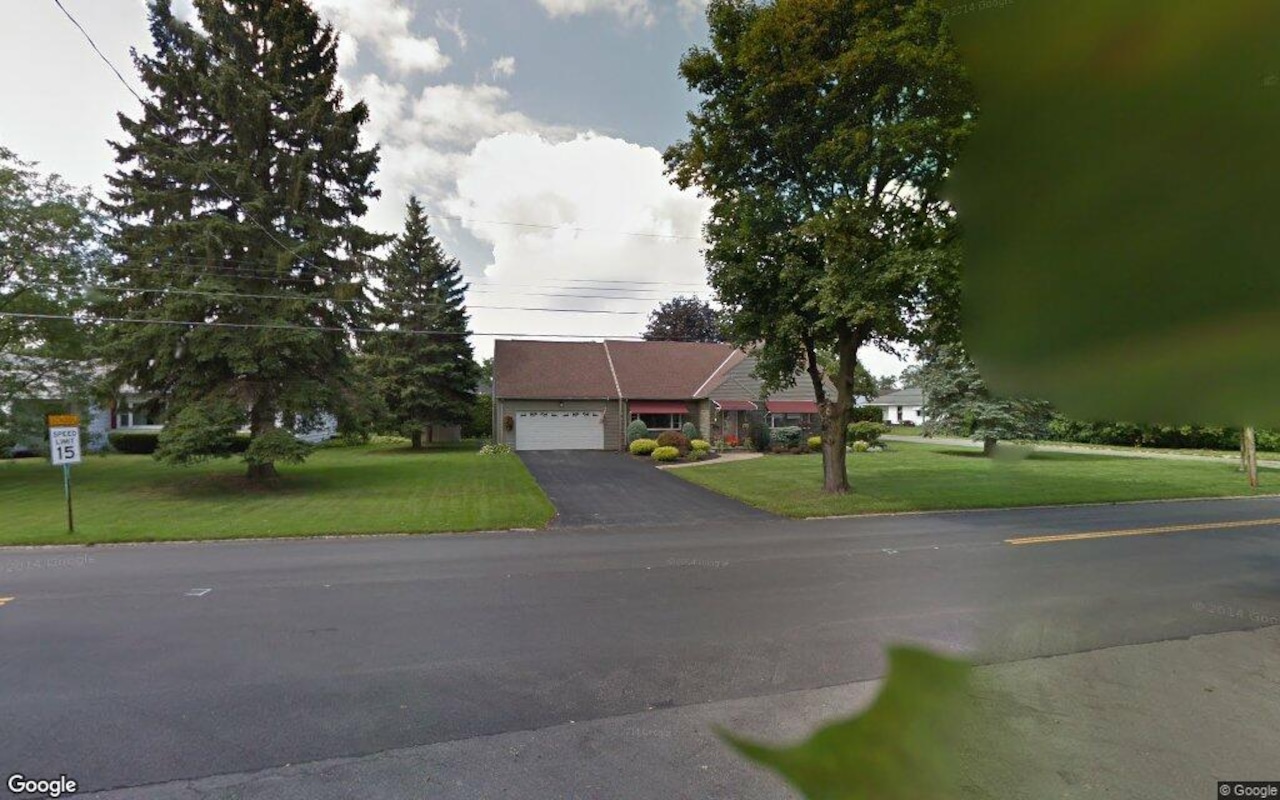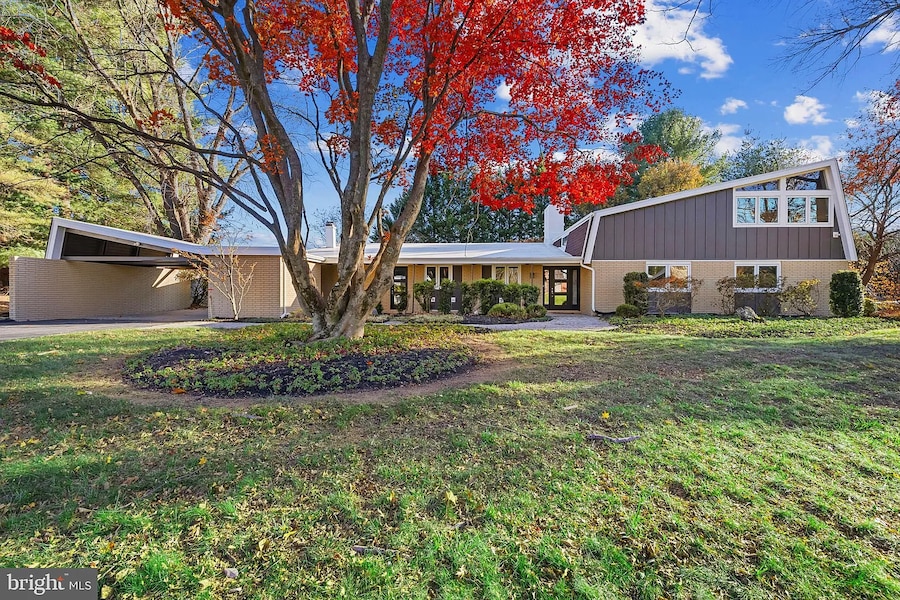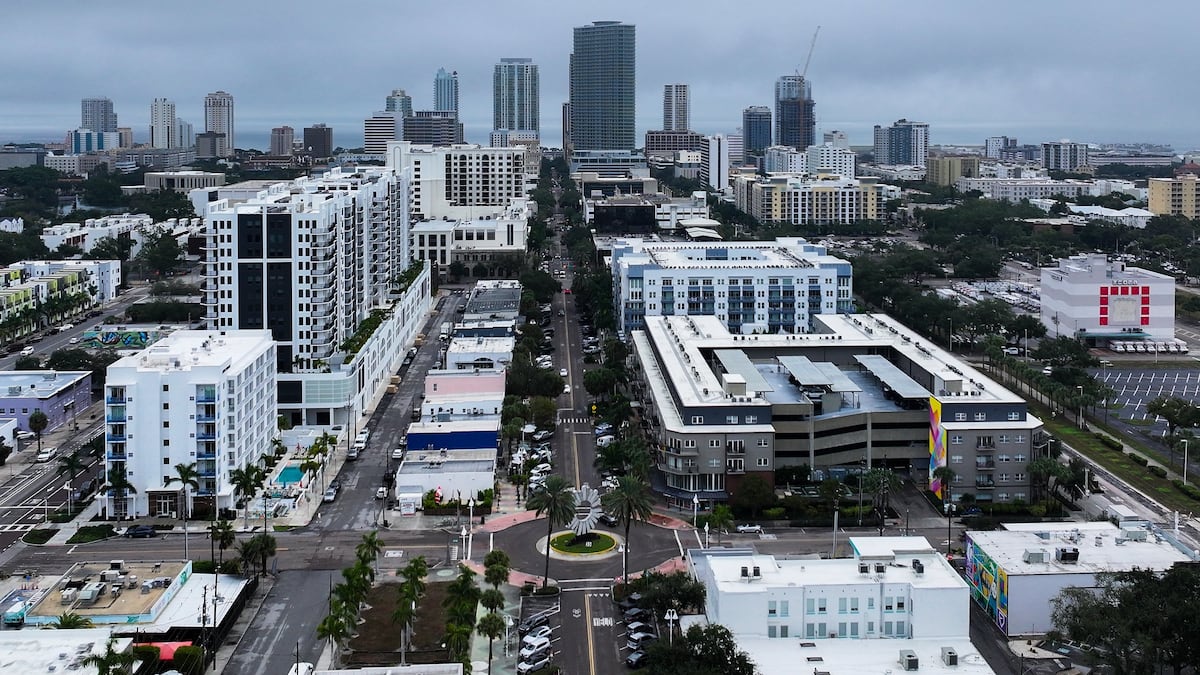N
ashville's Real Estate Market: A Promising Forecast
The vibrant city of Nashville, located in the heart of Tennessee, is a hub of growth and opportunity. Known for its rich music culture, thriving economy, and warm Southern hospitality, Nashville has attracted a surge of residents seeking a lifestyle enriched by art, history, and innovation.
Understanding the Market Dynamics
The average home value in Nashville is currently $441,789, reflecting a 1.3% increase over the past year (Zillow). Homes in Nashville go pending in just 18 days, indicating a highly active market. The median sale price is $459,983, with 20.6% of transactions exceeding the list price. The Nashville-Davidson–Murfreesboro–Franklin area saw a 1.8% price increase to $445,517, while 54.3% of sales occurred below the list price.
Future Predictions
A slight decline of -0.8% is expected in Nashville MSA in late 2024, with a projected recovery and a 0.4% increase by mid-2025.
Key Factors Affecting Home Prices
The critical question on many minds is whether home prices in Nashville are poised to drop. The Nashville housing market forecast 2025 points to a nuanced understanding of the broader economic climate affecting home values. As of mid-2024, predictions sometimes indicate a potential decline of -0.8% by late 2024. However, this trend should be viewed through the lens of market corrections rather than outright crashes.
The stability provided by local economic growth and sustained interest in Nashville as a living destination implies the potential for home prices to see modest growth going forward.
Will the Nashville Housing Market Crash?
In an environment where speculation runs rampant, discerning whether the Nashville housing market is on the verge of a crash can be challenging for stakeholders. Historical analysis provides some clarity; while no market is impervious to volatility, Nashville's enduring economic foundation significantly mitigates the risk of a major downturn.
Crucially, Nashville's attractiveness to remote workers, families relocating from more expensive regions, and young professionals seeking a vibrant community has been a driving force behind sustained housing demand. Moreover, varying factors such as the rise in popularity of telecommuting careers have led many to consider Nashville a prime choice. The blending of cultural experiences with modern amenities makes Nashville a desirable location, further reinforcing the market against a potential crash.
Real estate analysts often point out that Nashville's market may experience short-term fluctuations typical of most regions but lacks the toxic elements (i.e., oversupply, speculative buying frenzy) that typically precede market crashes. The balance of demand and supply remains relatively stable, and predictions of modest appreciation suggest that Nashville will navigate through any downturns while continuing to progress steadily.
Future Prospects: Looking Beyond 2025
As we delve more deeply into the Nashville housing market forecast 2025, the future does not merely hinge on current price trends but rather on an intricate web of socioeconomic factors. Projections point toward continuous urban development, supported by an influx of businesses that will likely bolster job creation and, subsequently, housing demand. Large-scale infrastructure projects, improved transportation networks, and increased community amenities will make Nashville even more attractive to potential residents.
In addition, Nashville's unique cultural edge, with its deep-rooted traditions in music, art, and community, sets it apart from many other cities. This cultural fabric enriches the community's allure, retaining its status as a destination city. As such, any fluctuations in home prices may turn out to be more of a momentary adjustment rather than a long-term trend.
Furthermore, the anticipated increase in population, projected to continue rising through the decade, solidifies the argument against a market crash. With demand potentially outpacing supply in the long run, the overall forecast remains optimistic. Investors and builders will likely respond to these dynamics by focusing on the construction of single-family homes and high-density apartments to accommodate continued growth.
Conclusion
Exploring the Nashville housing market forecast for 2025 reveals a city poised for continued growth, balanced economics, and sustained desirability. While some short-term fluctuations may arise from changing interest rates and market corrections, the underlying strength of the Nashville economy, demographic trends, and cultural richness uphold the positive outlook for the coming years.













